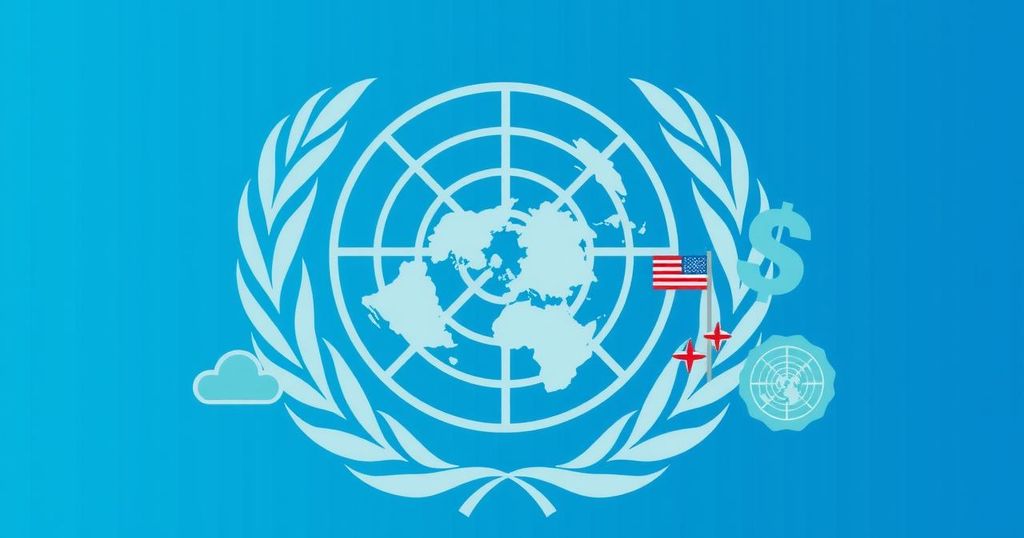At the COP29 climate summit in Baku, Azerbaijan, countries faced mounting pressure as they concluded negotiations without any concrete finance deal to support developing nations against climate change impacts. The absence of financial commitments, critical negotiations on fossil fuel reduction, and the swift approach of the summit’s conclusion have sparked dissatisfaction and concern among delegates, particularly from vulnerable states. Experts stress that more than $1 trillion is required to effectively address these issues and enable a transition to sustainable energy.
Countries participating in the United Nations climate summit faced increasing pressure as they entered the final day of negotiations without any firm commitment regarding climate finance. COP29, currently underway in Baku, Azerbaijan, has seen significant discord regarding the financial obligations of wealthier nations to support developing countries in their efforts to mitigate and adapt to the impacts of climate change. Despite expert estimates suggesting that over $1 trillion is necessary, recent draft proposals failed to delineate specific financial commitments, leading to frustration from developing nations. The lack of a tangible financial package was described as a ‘slap in the face’ for vulnerable countries that bear the brunt of climate impacts. Negotiations have additionally struggled with calls to reduce reliance on fossil fuels, as European nations and the United States expressed disappointment with the lack of substantial progress. Overall, the absence of concrete financial pledges and commitment to decisive action on fossil fuel reduction has left many representatives questioning the efficacy of these discussions and the integrity of the commitments made by more affluent nations.
The COP29 summit is particularly focused on climate finance, whereby developed nations are expected to allocate funds to assist developing countries in addressing climate-related challenges. This process has been ongoing for years, yet recent negotiations have highlighted ongoing frustrations over a perceived lack of commitment and transparency regarding the financial resources that will be made available. The urgency for robust funding mechanisms is underscored by the need for developing nations to not only cope with the devastating effects of climate change but also to transition to sustainable energy sources. Without fulfilling financial promises, the global community risks failing to meet critical climate targets, thus exacerbating global warming and its associated impacts.
The conclusion drawn from the ongoing discussions at COP29 is one of urgency and necessity. As the clock runs down, the lack of concrete financial commitments from wealthier nations poses a serious threat to the effectiveness of international climate agreements. There is a resounding call from developing nations for clarity and action, emphasizing that without significant funding and an actionable plan to phase out fossil fuels, the pledges made will remain hollow. The responsibility to combat climate change and support vulnerable nations rests heavily on the shoulders of wealthier countries, and their failure to act decisively could hinder meaningful progress in mitigating climate impacts globally.
Original Source: apnews.com






